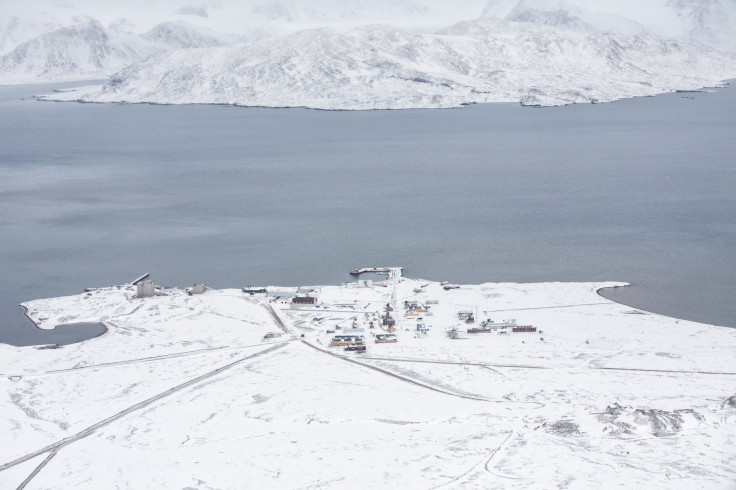Russia Arctic Control To Expand? Canada, Denmark, Norway Also Submit Claims To Territory

While Western states have been worried about Russia’s aggressive moves in Eastern Europe and the potential for more territorial grabs, the Kremlin has been looking much farther north: to the Arctic. Russia presented its claim to the Arctic Ocean seabed at the United Nations late Tuesday in an effort to gain access to the resource-rich region.
“From 2002 to 2014, nine unique complex geological-geophysical expeditions were held in the central part of the Arctic Basin, using research and atomic-powered icebreakers, as well as research submarines,” said Minister of Natural Resources and Environment Sergey Donskoy, according to Russian news agency Tass. “The new application presents the same area, but with some modifications – in connection with the new substantiating materials that confirmed that Russia’s position was right.”
The Kremlin has long sought to widen its control in the Arctic, with a previous application submitted to the U.N. in 2002 and the most recent in August, the New York Times reported. The revised application includes the southern tip of the Gakkel Ridge as well as the Podvodnikov Basin and the area under the North Pole as Russia argues the areas belong to its continental shelf.
Russia has formally presented to the UN its claim to the Arctic Ocean seabed: https://t.co/blcgOeXwxg pic.twitter.com/HHdcuE4Zhl
— RFE/RL (@RFERL) February 10, 2016
The Kremlin has reinforced its troop presence in the Arctic recently, building up bases and creating a new air force division for the region. The military moves have caused Scandinavian states to discuss boosting their own military spending in the area.
The U.N. committee responsible for sea boundary disputes will examine Russia's evidence. Donskoy said the U.S., Canada and Denmark (which controls Greenland) have not objected to the Russian application for review. Canada, Denmark and Norway have also submitted claims over the region.
The U.S., Russia, Canada, Denmark, Iceland, Norway, Finland and Sweden all have asserted claims or interests over the region. Donskoy said he hopes the U.N. will review the application in the next two to four years. Should the committee agree with its position, it would allow the Russia to being oil drilling or other natural resource extraction activities in the expanded area.
© Copyright IBTimes 2024. All rights reserved.






















